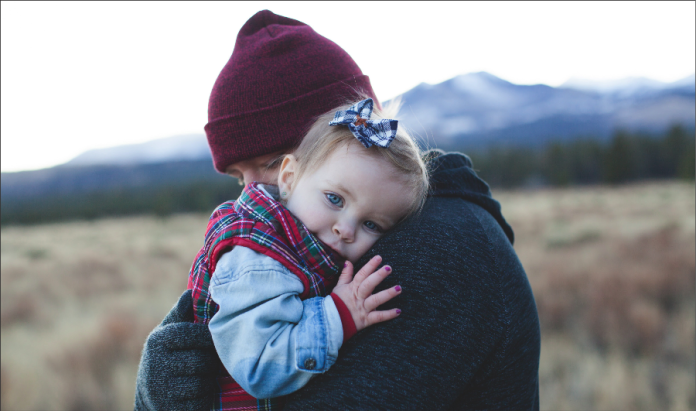
Gwen Randall-Young
Psychology for Living
How often do we hear ourselves, after an upsetting incident with our child or teen, saying to a friend or spouse that really, we believe in the goodness of our child?
However, in our anger, we may have forgotten to convey that message to the child. So, they have heard our anger, heard our fears, seen us freak out, and conclude that we must think that they are very bad people. We think that in order to make our point and prevent our children from becoming juvenile delinquents, we must react strongly when something is happening that causes us serious concern.
It is true that we may have to respond strongly, but that is different from reacting strongly.
Responding strongly means setting clear boundaries and ensuring understanding. Reacting strongly too often means blaming, criticizing, and perhaps even saying things we don’t mean. Once we start this, children may respond in kind, and there is deep hurt on both sides.
Anger is the way that we often cover up the hurt or fear we are feeling, but anger creates more hurt, and soon we find that we are in a downward spiral. The parent feels that the child no longer loves him/her, and the child feels unloved by the parent, or at least, somewhat unsure of that love. The trust on both sides begins to dissolve. If the process continues, the parent-child relationship can be irreparably damaged.
Having recently worked with a couple of mother-daughter cases, I was able to see miraculous transformations. The mothers were open to my suggestions about what their daughters needed, and the daughters were open to hearing my interpretation of what their mothers were needing. It took several sessions, but gradually the anger and the fear dissolved, and now I am seeing laughter and love.
This does not mean that there is total understanding and acceptance of everything, but there is a mutual respect and compassion. There is also an increased ability to communicate and to negotiate agreements. This is called a win-win solution. It’s the way that allows us to live ‘happier’ ever after.
If you are in a situation with a child that has deteriorated, then both you and the child are in pain that has become a vicious circle. Getting guidance from a professional or spiritual leader is so important.
Dysfunction in parent/child relationships can negatively impact the future of the child in life and relationships. I have seen the deep pain experienced by parents when their adult children want nothing to do with them. I have felt the ache in their hearts when they are not included in the lives of their grandchildren.
If there is struggle in your relationship with a child, the time to seek help is now. This can prevent further damage to the relationship and ensure a happier future.
Gwen Randall-Young is an author and award-winning psychologist. For permission to reprint this article, or to obtain books, CDs or MP3s, visit www.gwen.ca. Follow Gwen on Facebook for inspiration.

